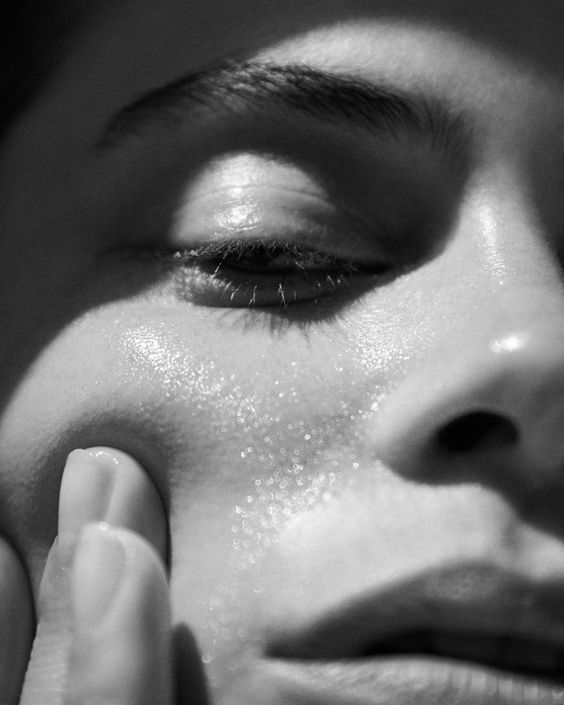
With the turn of a new year, it’s easy to read up and sign up to the latest health trend, wonder vitamin and quick fix to glowing skin. While there is no doubting the essential nature of consumable vitamins and overall body health, when it comes to the inner and outer state of skin, these bottled boosters aren’t always the most efficient fix.
Truth is, taking vitamins orally won’t necessarily make an impactful difference in the state of your skin. That’s because ingesting a vitamin doesn’t allow for the same targeted application as skin care. “If you consume a lot of vitamins, they will be distributed everywhere in your body — not only to your face,” says Francine. “And unless you’re deficient in a particular nutrient, you’re just urinating out the excess you’ve taken in.” This said, the power of vitamins on skin health when prescribed and applied topically is well proven. Here, MISS FRANC discusses her top 3:
VITAMIN A:
Vitamin A is widely-considered among the most effective skin-care ingredients around. It comes in many forms, though its most famous derivative is the over-the-counter retinol. And it’s worth noting that vitamin A was the first vitamin approved by the Food and Drug Administration (FDA) as a topical ingredient that actually changes the appearance of the skin’s surface. It works by binding to receptors in skin cells, in turn strengthening the protective function of the epidermis, protecting collagen against degradation, and stimulating skin cell turnover. For the same reason, vitamin A is a powerful acne fighter, too.
MISS FRANC FAVOURITE: Medik8 Crystal Retinal
VITAMIN C:
Vitamin C — also called L-ascorbic acid — is an antioxidant that boosts collagen production, decreases pigment formation, and protects against environmental stressors.
Like other antioxidants, vitamin C neutralises free radicals to protect against damage caused to skin cells by things like pollution and UV rays, and is well adept at treating hyperpigmentation. It inhibits the action of the enzyme tyrosinase — the main enzyme responsible for the conversion of tyrosine into melanin — and therefore decreases melanin formation.
MISS FRANC FAVOURITE: Medik8 C-Tetra
VITAMIN B:
Unlike other vitamins, vitamin B refers not to a single vitamin, but a group of them. There are eight different types: thiamine (B1), riboflavin (B2), niacin (B3), pantothenic acid (B5), B6, biotin (B7), folate (B9), and B12.
A form of vitamin B3 called niacinamide is one of the B vitamins most commonly found in skin care. Niacinamide is best known for helping skin maintain its normal barrier function, reducing dryness and soothing related conditions like eczema. It increases the level of lipids — called ceramides — in the skin, making it ideal for moisturising. It can also improve the appearance of your skin tone and texture. I consider it “fuel for your skin cells” because it enhances many of the processes that are important for creating healthy, well-balanced skin,” says Francine. “It helps to reduce the appearance of pores, dark spots, pigmentation, redness, and fine lines and wrinkles.”
MISS FRANC FAVOURITE: Synergie Priority B
MISS FRANC stocks a wide range of results-driven vitamin products for all skin types. Enquire on your next visit in-clinic.
